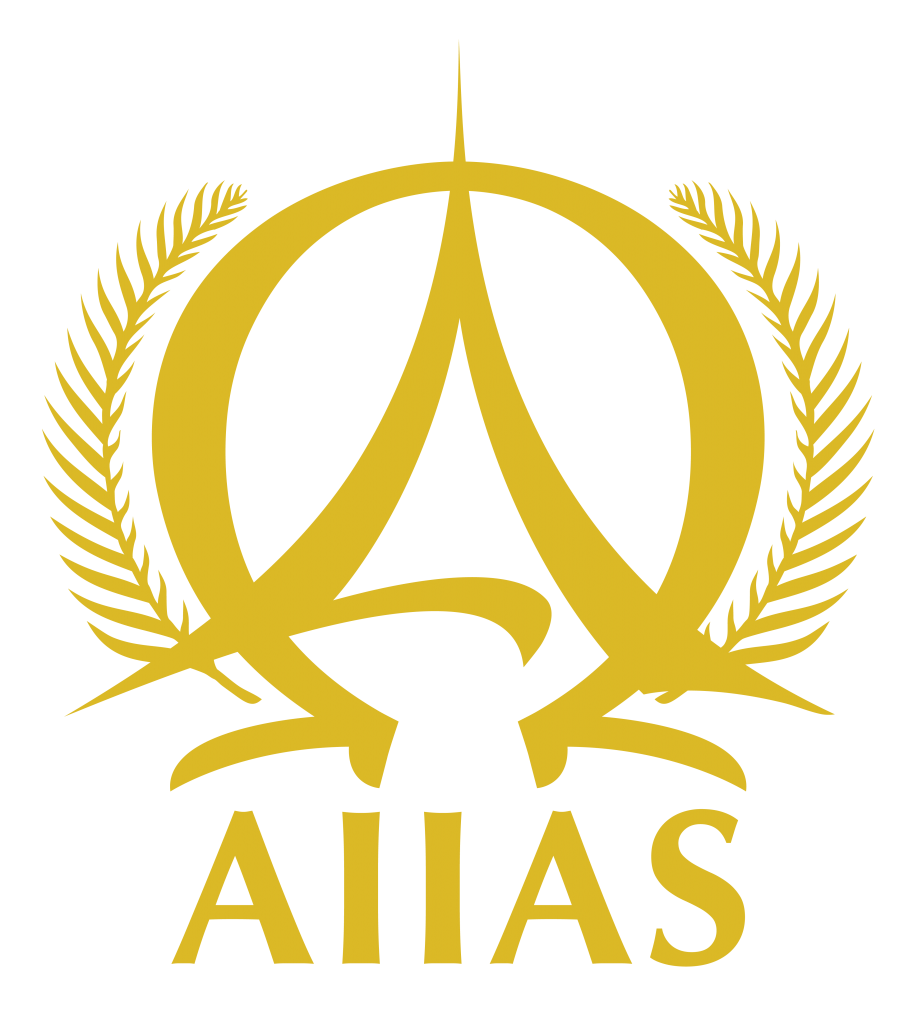The PhD in Religion is an advanced academic degree and its main purpose is to prepare teachers, scholars, and researchers for institutions of higher learning, particularly related to the Seventh-day Adventist Church. It is accredited by the Adventist Accrediting Association (AAA) and the Association for Theological Education in South East Asia (ATESEA). The PhD program is designed to develop individuals capable of doing careful research and teaching religious studies up to the postgraduate level. The degree is conferred only upon those who clearly demonstrate the ability to do independent research, and who have reached a high level of competency and expertise in their field of study. The program is offered both as in-residence and in-ministry tracks.
Not all doctorate degrees are created equal. Find out why our PhD in Religion program at AIIAS stands out in terms of curriculum, faculty, and supporting resources.
Each PhD in Religion candidate will choose one area of concentration from the following:
Biblical Studies (Old Testament Studies or New Testament Studies)
In addition to a concentration, students should choose a cognate from a different field of study, preferably one that will contribute to the writing of the dissertation. Possible options for the cognate are as follows:
Students may also choose a different graduate level cognate area of study approved by the PhD
Program Committee.
The minimum time to complete a PhD in Religion program is 4 years for in-residence candidates (5 years for In-Ministry candidates), if no remedial or prerequisite courses are needed. Regular course work must be completed and comprehensive examinations passed within 4 years from the date of initial registration to the program for in-residence candidates (5 years for In-Ministry candidates).
An MA in Religion (MA-R), MDiv, or equivalent from an approved Seminary or University.
A minimum GPA of 3.50 on a four-point scale (or equivalent).
A minimum of two years of full-time church ministry experience.
The following additional documents and data must be submitted to the Admissions and Records Office:
Recommendations from the following, using the forms provided: an academic administrative officer or leader of the applicant’s employing organization in the last five years, and the school from which the applicant received the graduate degree, if other than AIIAS.
Personal statement of approximately 600 words explaining the student’s purpose for seeking the PhD in Religion degree, and his/her philosophical perspective and professional goals.
Demonstrated proficiency in English.
A Research Paper with an original (20-page minimum), publishable- Theological Seminary 203 quality, academic article (or thesis summary) in the area of interest, which is to be reviewed and approved by the major department and program director. Detailed guidelines will be made available to the applicant as part of the enrollment package. In case the paper is not written in English, the original and a translated version need to be submitted.
An interview with the candidate.
Students will complete 60 semester hours comprised of 48 semester hours of coursework and 12 semester hours in dissertation writing. The coursework is divided as follows: 30 in the concentration, 12 in a cognate area, and 6 credits in required courses (GSEM 890 PhD Dissertation Proposal, and GSEM 894 Course Development and Teaching Practicum).
At least 15 graduate credits in the proposed concentration of study.
Those applying for a Biblical Studies or Theological-Historical concentration should have a pass (B or above) in GSEM 630 Documentary Research and Writing.
Those applying for an Applied Theology concentration should have a pass (B or above) in both of the following: GSEM/RESM 615 Statistics GSEM/RESM 610 Research Methods or ____600 Applied Theology Research and Writing or equivalent.
A pass (B or above) in OTST/NTST 612 Biblical Hermeneutics.
PhD applicants must demonstrate proficiency in both Greek and Hebrew (Grammar and/or Reading) before entrance into the program, by a proficiency exam. Students whose concentration is OT or NT should demonstrate proficiency in both Hebrew and Greek Readings level (B, 83%). Students with other concentrations should choose the language in which to demonstrate Reading proficiency (B, 83%) while the other will require Grammar proficiency (C, 73%). Applicants who do not fulfill this requirement may be admitted on provisional status and fulfill it by taking remedial course(s) concurrently with their PhD coursework, but not later than pre-candidacy (50% of coursework). Students who fail to meet this deadline will not be further registered for regular course work until biblical language proficiency is met.
GSEM 608 Advanced Methods of Teaching Bible is a prerequisite for GSEM 894 Course Development and Teaching Practicum. This prerequisite can alternatively be fulfilled by providing evidence of three years of full-time undergraduate teaching at an accredited
institution.
Monday to Thursday 8 am to 5 pm;
Friday 8 am to 12 nn
admissions@aiias.edu
+63 46 4144 318
+63 917 838 6119
